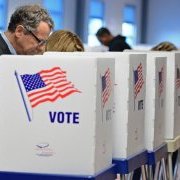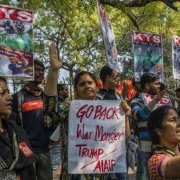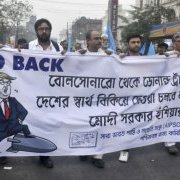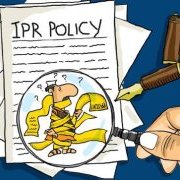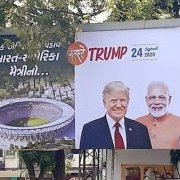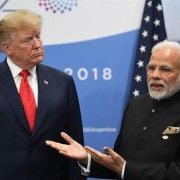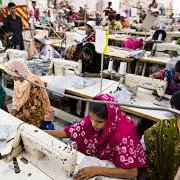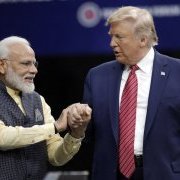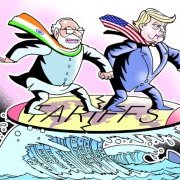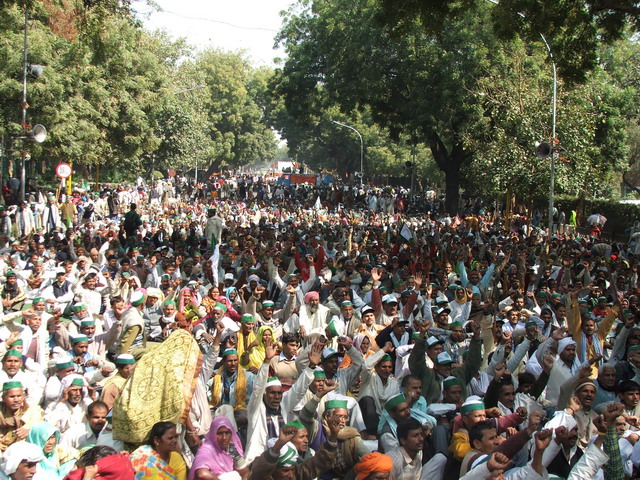
The governments of the United States and India have been talking about negotiating a bilateral investment treaty for several years. The idea of a broader trade agreement between the two countries has often been mentioned as a longer term goal.
Bilateral relations between the two powers over the past decades have been complex. During the Cold War, India was non-aligned but friendly with Russia. Since 1991, India took a major turn by adopting neoliberalism as an economic frame for the country’s "development" strategy, and relations with the West subsequently thawed. Starting in 2005, India and the US signed a series of major bilateral cooperation agreements including the areas of defence, agriculture and food security, nuclear technology, energy, education, etc. Many of these initiatives met strong criticism at home in India as they frequently create conditions that benefit global capital and elites at the expense of local communities, especially in the rural areas.
In this process, since 2008, the governments of both countries also committed to signing a bilateral investment treaty, but this is taking some time. In 2014 and 2015, India reviewed its earlier "bilateral investment protection and promotion agreements" (BIPPAs) and decided to draw up a model "bilateral investment treaty" (BIT) to replace those BIPPAs. The Indian model BIT is still under debate but it departs from the US model BIT in several respects. Thus it could be a challenge to come to a common agreed text. But US business associations, which include many major TNCs among their members, are pushing hard to finalise a deal. Civil society organisations both in India and the US have been mobilising against the deal.
In parallel to this, India has been revising its policies on foreign direct investment, notably by opening up the country to foreign investment in multibrand retail (e.g. Walmart or Tesco), and on taxation.
US-India trade, in the meantime, has grown massively, with the US having a huge services trade deficit, much of which reflects the growth of outsourced US jobs to India.
Recommended reading:
– Kavaljit Singh, "The India-US Bilateral Investment Treaty: Not an easy ride", January 2015
Last updated: 21 August 2015
Photo: La Via Campesina




